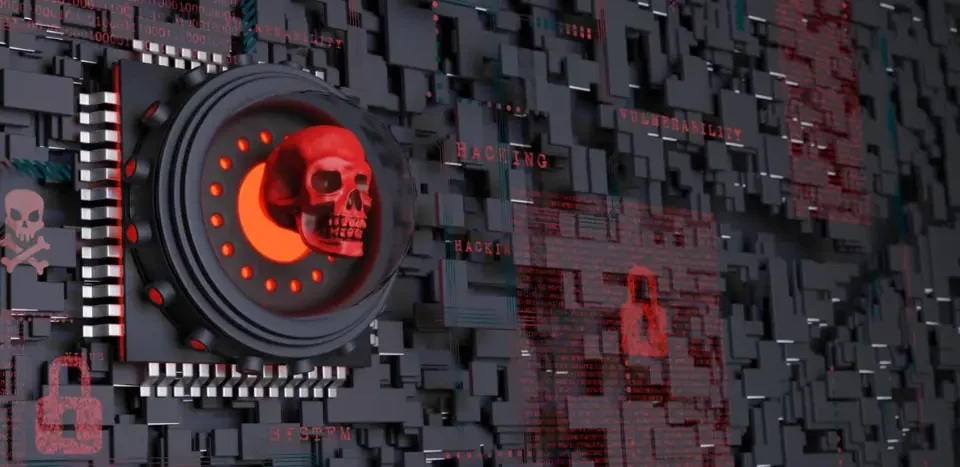- Introduction
- The Rise and Fall of Engg.
- The B-tech Face-off
- Understanding the Current Job Market
- Preparing For a Career After B-tech
- Reimagining B-tech Education
- Summerizing
India is producing over a million Engineers every year which tells almost everything about our country’s growing economy despite such a difficult recession period. But accoerding to a report from New Indian Express, 48% of all the graduated engineers are unemployed. Half of the graduating engineers are unemployed and probably contribute nothing to the growth of our country.

15 years ago, having an Engineering degree was considered prestigious and it had a huge value in the market as well as in society due to scarcity of the engineers and a very high demand in the market. But today although the demand is very high the supply of graduated engineers has quadrupled and a B-tech degree has lost its value.
So in this article, we’re gonna go into discussing the various reasons why engineering lost its fortune and gonna give an expert opinion on whether doing b-tech in 2023 is still worth it.
The Rise and Fall of Engineering:

India was globalizing and tech giants in tier-1 countries were finding opportunities to hire IT talent at an affordable cost. So, IT companies found India as a sweet spot to outsource their services. As a result, the demand for IT engineers rise exponentially in India which gave many Indians the opportunity to make a successful career in computer science and Information Technology.
After the course of a few years, India made the required infrastructure to produce enough engineers who can satisfy the demand for IT engineers in the Market.
But now the tables have turned and the supply of engineers kept on increasing but the demand didn’t increase to employ such giant engineers in the country. Also, as the volume of engineers increased the quality of the skills of engineers diminished along the way, and now we are here witnessing such a high unemployment rate.
The B-tech Face-off:
Let’s create a scenario where two people are debating for and against B-tech as a career, let’s hear ’em out:
Understanding the Current Job Market:

The market dynamics have changed in this AI-powered world, and employers want their potential employees to have a deep understanding and knowledge of the particular subject they are dealing with so that they can build the capability to solve more complex problems and AI can’t.
Gone are the days when people are being hired just for doing laborious, repetitive kind of jobs that required zero creativity and had no complexity in the work. In the future, people only be solving greater problems instead of waiting their time on the thing that brings no greater good and can be done by any AI or robot.
Trends in the Job Market for B-Tech Graduates:
The demand for B-Tech graduates is still strong. However, the expectations of employers have been evolving rapidly. In today’s job market for B-Tech graduates, there is an increasing emphasis on practical, hands-on experience and the ability to apply knowledge in real-world scenarios. Companies want to spend money on talent which can bring real value into the organization and solve a bigger problem.

What the Employers want:
In such fast pace world Employers desire candidates who can maintain a long-term relationship. Apart from core technical skills, they are looking for graduates with strong critical thinking and communication skills who are flexible and adaptable. On top of everything, you must have a problem-solving attitude instead of just running out of it. Because skills can be learned, etiquette can be practiced but attitude is the one thing that me you unique.
Salary Expectations and Benefits
Salaries for B-Tech graduates vary based on industry and experience. However, on average, they can expect a starting salary of 2-4 lakhs per year, with room for growth as they gain experience. B-Tech graduates can also enjoy benefits such as healthcare, paid time off, and retirement accounts.
Preparing for a Career After B-Tech:
Getting hired can be a challenging process. By taking the right steps, you can make the most of your B-Tech degree and take advantage of the opportunities that are available.
Making the Most of a B-Tech Degree:
The first step is to build a strong foundation of technical knowledge. Try to get involved with hands-on projects, internships, and work experience in your field. Additionally, it is essential to develop good professional relationships, network with industry professionals, and attend career fairs and other recruitment events.
Best Practices for Getting Hired After Graduation
The best strategy is to prepare early and research potential employers in your field. Refine your resume to reflect your skills and experience, and try to tailor it to the specific job you are applying for. Additionally, it would be best to take advantage of career services at your college and prepare for interviews.
Alternatives to Traditional Job Paths
Sometimes, the most rewarding and fulfilling careers can fall outside traditional paths. It is essential to consider alternative career options, such as entrepreneurship, freelancing, or contract work, which may offer more flexibility and creative freedom.
Reimagining B-Tech Education

Getting hired can be a challenging process. By taking the right steps, you can make the most of your B-Tech degree and take advantage of the opportunities that are available.
Making the Most of a B-Tech Degree:
The first step is to build a strong foundation of technical knowledge. Try to get involved with hands-on projects, internships, and work experience in your field. Additionally, it is essential to develop good professional relationships, network with industry professionals, and attend career fairs and other recruitment events.
Best Practices for Getting Hired After Graduation
The best strategy is to prepare early and research potential employers in your field. Refine your resume to reflect your skills and experience, and try to tailor it to the specific job you are applying for. Additionally, it would be best to take advantage of career services at your college and prepare for interviews.
Alternatives to Traditional Job Paths
Sometimes, the most rewarding and fulfilling careers can fall outside traditional paths. It is essential to consider alternative career options, such as entrepreneurship, freelancing, or contract work, which may offer more flexibility and creative freedom.
Summerizing:
In conclusion, B-Tech is not dead but evolving. Pursuing a B-Tech degree can still lead to a successful and fulfilling career path. By gaining practical experience, understanding the demands of the job market, and developing a diverse set of skills, prospective students can embark on a successful career in B-Tech.
Recently Produced:

Enhance your college life along with Good CGPA – 7 steps

B-tech Food Technology Job, Salary, Subjects, Scope – 2023

Top 10 List of B-tech Specializations You can pursue in 2023

10 Rich & Famous MBA Graduates in India. That 99% don’t Know

MBA Finance Scope – 2023 | The Future of MBA Finance

MBA 2.0 | How A.I. is Transforming the MBA in 2023

7 Tips to Get a high-paying Job After MBA – The 1% Formula

Exploring Opportunities with B.Tech in Food Technology

Transform Spaces, Transform Lives: Embrace the Thriving Career Opportunities in Interior Designing

The Impact of Technology on Modern Business Management



